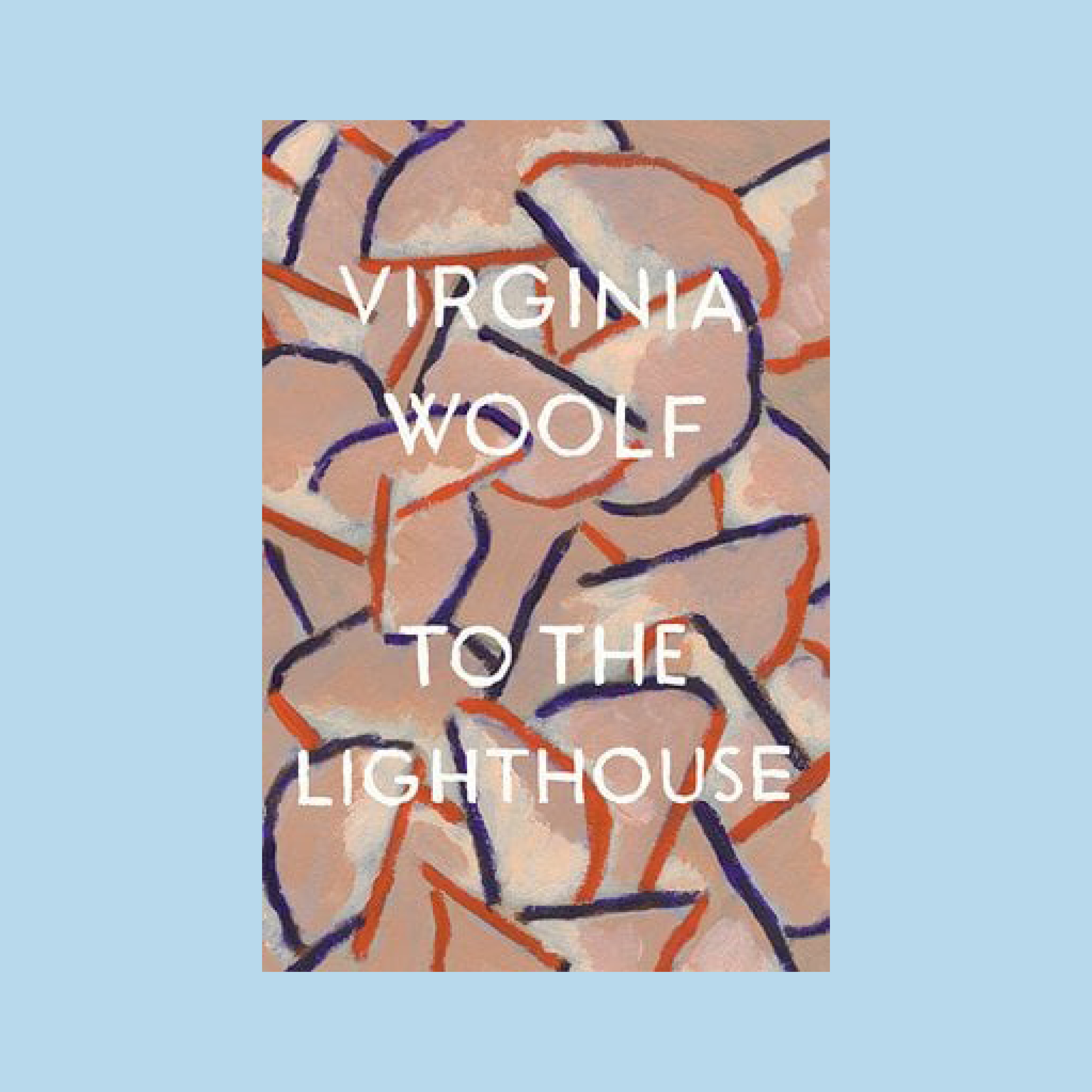APS TOGETHER
Day 1
To the Lighthouse by Virginia WoolfPart I, Chapters 1-3
May 1, 2023 by Mona Simpson
Chapter 1
“Yes, of course, if it’s fine tomorrow,” begins To The Lighthouse. And right there we have a question that, to James, carries the weight of an entire future, will it be fine tomorrow? Can they go to the Lighthouse? Three times on the first page of the paperback edition I’m reading, Woolf used declensions of the word joy. James experiences “extraordinary joy” considering his future; people of James’s temperament hold “joys and sorrows,” and the picture of a refrigerator he is cutting out of the illustrated catalogue of the Army and Navy Stores is “fringed with joy.” Every sound he hears—the sound of poplar leaves, rooks cawing, dresses rustling—are coded for him in a secret language.
But his hopes are dashed by his father, who stops his pacing on the porch and says, “But it won’t be fine.”
The Ramsays have eight children. Another visitor wonders how on earth Mr. Ramsay can support eight children on philosophy. The reader wonders how on earth Woolf expects a reader to keep track of eight children? (One can hear the comments in the writer’s workshop; “Combine them into two or at the most, three.”)
Mrs. Ramsay’s children are a constant tagging presence, with their intelligence, their curiosity, their upper middle class smartness and banality too. (Like Tolstoy’s young nobles—the Scherbatskys and the Rostovs, they’re party kids.)
For one thing, the older daughters, Nancy, Rose, Prue—have perfidious ideas about their mother’s view of gender relations (does every generation of mothers and daughters disagree about this?)
“There was in all their minds a mute questioning of deference and chivalry, of the Bank of England and the Indian Empire, of ringed fingers and lace.”
Tansley echoes Mr. Ramsay. “There’ll be no landing at the Lighthouse tomorrow” and of course, being an outsider, is judged more harshly than Mr. Ramsay. Mrs. Ramsay herself sees him as “a miserable specimen.” He doesn’t fit in, here, on vacation with them. In fact, “the little atheist” has no experience of vacations.
What he didn’t or couldn't do was play cricket. He shuffled. He was sarcastic. He couldn’t banter. Or talk right. He couldn’t enter their conversations about “people, music, history, anything… he would go to picture galleries they said and he would ask one, did one like his tie? God knows, said Rose, one did not.”
Chapter 2
When Tansley (the “little atheist”) says for the third time (the kiss up) that there’ll be no going to the Lighthouse, Mrs. Ramsay forgets all her sympathy for his never having gone to the circus and thinks, “odious little man.”
Noticing the brevity, the quick scribbled feeling of Chapter Two (only six lines!), I felt immediately liberated from the tyranny of symmetrical patterning.
Chapter 3
We know that the “odious little man” is only one in a long procession.
“All these young men parodied her husband,” Mrs. Ramsay thinks. “He said it would rain; they said it would be a positive tornado.”
Notice, in these first three chapters the repetitions and iterations and negations of the idea of the trip to the Lighthouse. “Tomorrow might be fine after all,” against, “there will be no going,” Mr. Ramsay and his minion (the “little atheist”) against Mrs. Ramsay’s soothing.
Mrs. Ramsay’s random thoughts about the painter Lily Briscoe:
“With her little Chinese eyes and her puckered-up face, she would never marry; one could not take her painting very seriously (why not, exactly?) she was an independent little creature, and Mrs. Ramsay liked her for it; so, remembering her promise (to pose for Lily) she bent her head.”
How many times has the wife of a “great man” seen the female artist as someone she could not take very seriously but nonetheless admired her for her pluck. Woolf devotes the entire first section of To The Lighthouse, “The Window,” to rendering Mrs. Ramsay’s creation, for which she uses not pigments or words, but living people, conversation, a house, servants, food, kindnesses. It’s poignant to realize that while Woolf recognizes this other kind of female “art”—the art of life—that Mrs. Ramsay wouldn’t recognize Woolf’s achievement, or, at least, recognize it as anywhere in the same realm as her husband’s.
